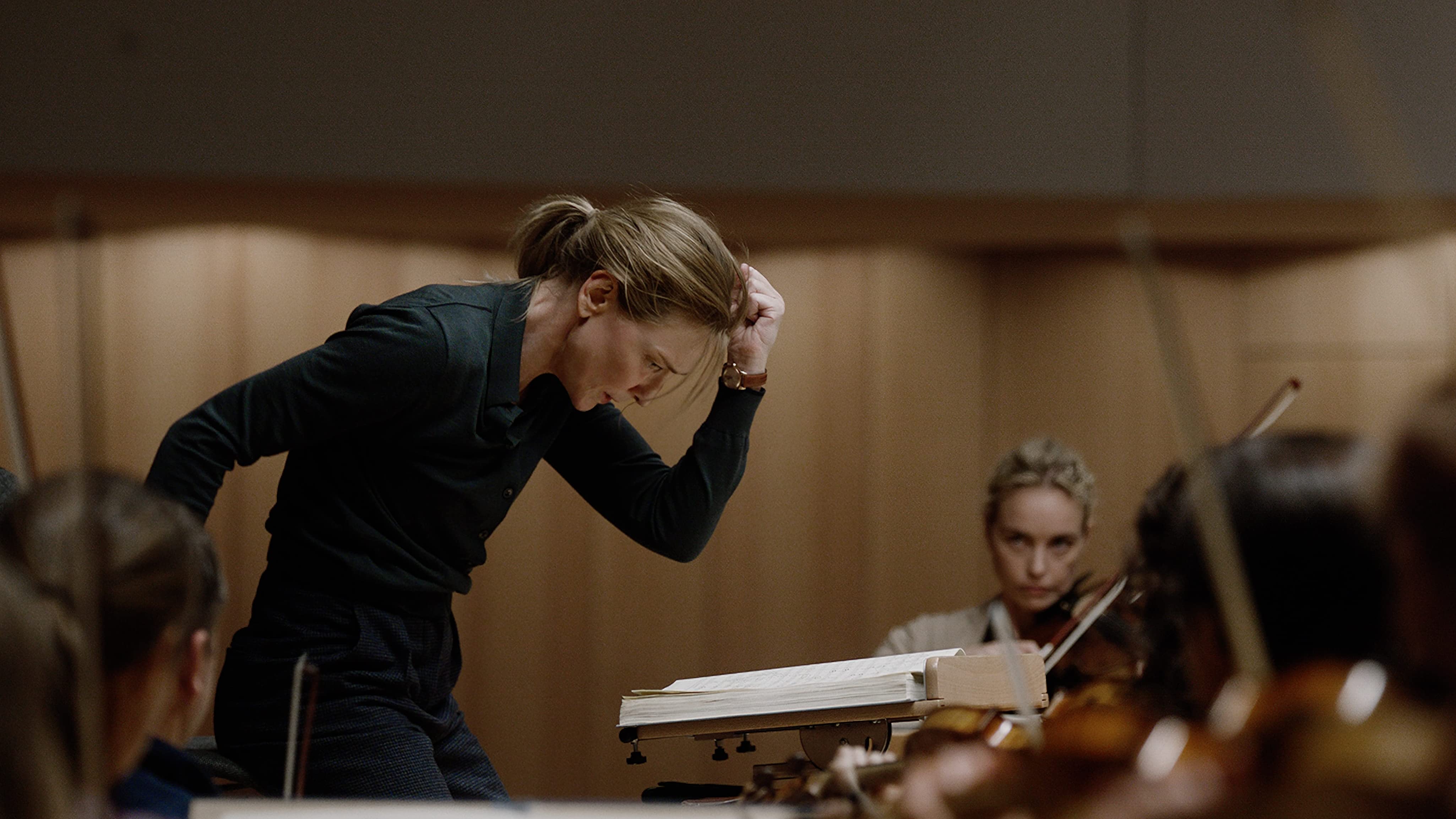More gloom: ‘Last rescue attempt’ fails for German radio orchestra
mainPlans by the SWR network to merge the Baden-Baden and Freiburg symphony orchestra with another in Stuttgart took a step closer yesterday. A meeting convened to assess private and commercial support for the orchestra’s continued existence failed to raise the 11 million Euros required by the bullish broadcasting chief. Peter Boudgoust.
There were demonstrations outside in support of the orchestra but it’s starting to look as if the valiant international campaign fronted by its music director, Francois-Xaver Roth, and backed by the likes of Pierre Boulez and Simon Rattle, lacks the cash to match its ambition.
Sad day.






Comments